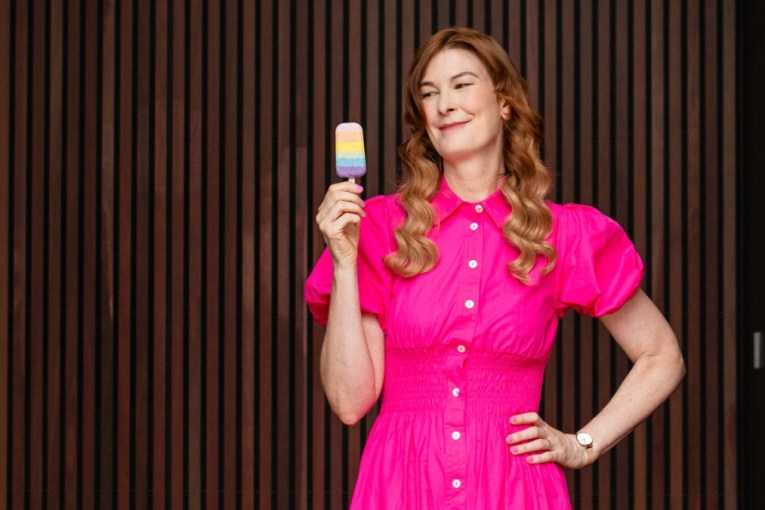TGA weighs up RSV vaccine for older Australians

An experimental vaccine for the common and potentially deadly respiratory syncytial virus (RSV) is being assessed by the Australian regulator for use by people aged over 60.
It’s an historic moment – scientists have been trying and failing to develop an RSV vaccine for 60 years.
Each year, this virus kills about 100,000 people globally, and puts about 3.6 million in hospital.
Small children, people over 60, pregnant women and people with compromised immunity are especially vulnerable to becoming seriously ill when exposed to RSV.
But the long history of trying to develop an RSV vaccine has been fraught and frustrating.
That’s changed in a big way
The GSK Australia vaccine, Arexvy, is the first of several in the regulatory pipelines overseas.
Arexvy and a candidate from Pfizer (also targeted at people in their 60s) have both received preliminary approval by the US FDA.
The Therapeutic Goods Administration (TGA) announced the Arexvy application in January. Pfizer is expected to file its own application in the near future.
The clinical study
Last month, The New England Journal of Medicine published results of a clinical trial involving around 25,000 participants with a mean age of 70.
The study found the Arexvy protein-based vaccine was 83 per cent effective in preventing RSV-related lower respiratory tract disease in over-60s compared with a placebo.
The findings held regardless of the sub-type of the virus.
The phase III trial found the vaccine had an efficacy of 94.1 per cent against severe lower respiratory tract disease.
It also showed 71.7 per cent efficacy against RSV-related acute respiratory infection.
Overall, the vaccine was found to be safe and equally effective in the 60-69 and 70-79 age groups, as well as those with illnesses such as chronic heart failure, diabetes and advanced liver or renal disease.
“The trial is ongoing, including evaluations of the durability of protection beyond the first RSV season and the necessity of annual revaccination,” the researchers wrote.
Most adverse events “were transient, with mild-to-moderate severity”.
Disastrous for some
According to a report in The New York Times one recipient of the vaccine, who was 78 and from Japan, developed Guillain-Barré syndrome nine days after getting the vaccine. The participant spent six months in a rehab hospital.
Two recipients, both 71 and from South Africa, developed acute disseminated encephalomyelitis. This is a neurological disorder with symptoms including weakness and loss of vision. One case resulted in death.
Safety concerns led to hours of deliberation by a Food and Drug Administration advisory panel late last month. In the end, the panel voted 10 to two recommending approval.
The Pfizer vaccine also won approval, but more narrowly – seven to four, with one abstention.
The dissenting members of the panel wanted to see more long-term data.
What about children?
In November, the TGA received an application for a vaccine-like monoclonal antibody treatment called Nirsevimab to be made available for babies and small children.
Nirsevimab has been approved in Europe for small children.
Australian doctors are hopeful this treatment will get TGA approval next year.
As The Sydney Morning Herald reported in August, during an RSV outbreak last winter, more than 700 children a week were presenting to NSW hospitals with bronchiolitis.
This is a condition caused by RSV “where the tiny airways in the lungs become inflamed and fill with mucus, making it hard to breathe”.








